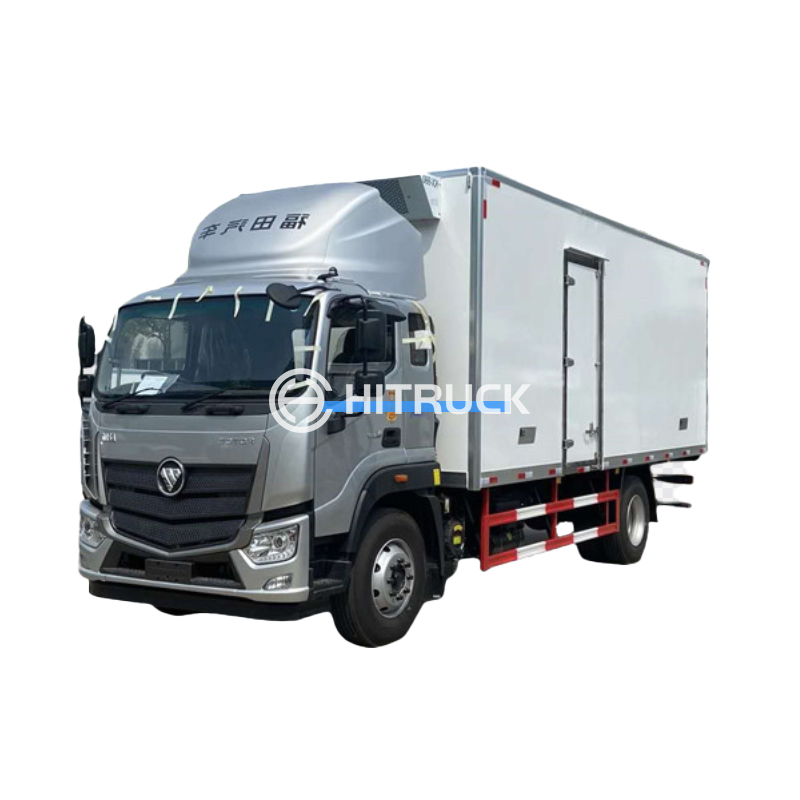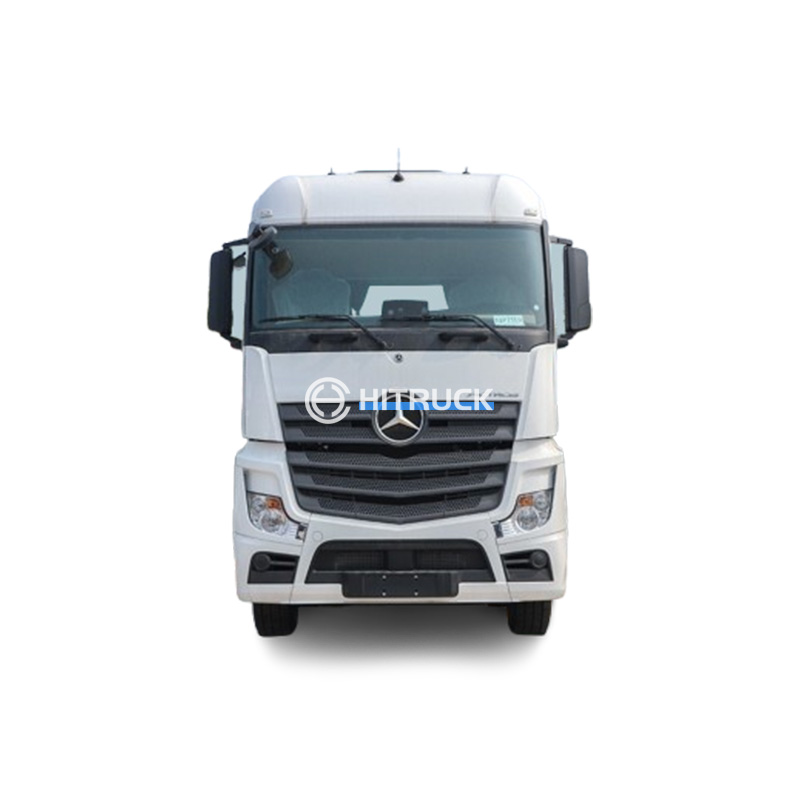This guide provides a detailed overview of jib tower cranes, covering their types, applications, advantages, disadvantages, safety considerations, and selection process. We'll explore various aspects to help you understand how these essential construction tools function and contribute to successful projects. Learn about the critical factors involved in choosing the right jib tower crane for your specific needs.
Fixed jib jib tower cranes are characterized by their stationary jib, which cannot be luffed (adjusted in angle). This design provides stability and simplicity, making them suitable for projects with consistent lifting requirements within a fixed radius. They are often preferred for their robust build and reliability. Common applications include building construction, infrastructure projects, and industrial settings where predictable lifting operations are paramount.
Luffing jib jib tower cranes offer increased versatility through their adjustable jib. This allows for greater reach and adaptability to changing site conditions. The ability to luff the jib optimizes the crane's working envelope, increasing efficiency on projects with varying lifting needs. They are particularly well-suited for complex construction sites where flexibility is key.
While not strictly a jib crane in the traditional sense, hammerhead cranes are often grouped with jib cranes due to their similar applications in larger-scale projects. These cranes boast a longer reach compared to standard jib cranes. Their horizontal jib extends outwards, giving them a significant horizontal reach. This makes them highly effective for wide construction sites, such as large industrial plants or extensive infrastructure developments. Consider their capacity and reach when selecting a jib tower crane for projects with extensive spatial requirements.
Selecting the appropriate jib tower crane hinges on several critical factors. Failing to consider these aspects can lead to inefficiency, safety hazards, and ultimately, project delays.
The crane's lifting capacity must exceed the heaviest load you anticipate lifting. Always account for safety margins and potential variations in load weight. This is a crucial safety consideration, as underestimating capacity can have serious consequences.
The jib length determines the crane's horizontal reach. Accurate assessment of the construction site's dimensions is crucial to ensure adequate coverage of the work area. A longer jib offers greater reach but might compromise stability.
This refers to the maximum height the hook can reach. The required height under hook must be sufficient to lift materials to the desired elevation, taking into account potential obstructions and building heights.
Freestanding jib tower cranes provide flexibility but require sufficient counterweight. Anchored cranes, secured to the building structure, provide greater stability, particularly for larger projects. The choice depends on site conditions and the crane's weight and capacity.
Safety is paramount when operating jib tower cranes. Regular inspections, operator training, and adherence to safety regulations are non-negotiable. Proper maintenance, including lubrication and component checks, is essential for preventing malfunctions and accidents. Always consult with qualified professionals for all aspects of crane setup, operation, and maintenance.
For your jib tower crane needs, consider exploring reputable suppliers and rental companies. A wide range of new and used cranes are available to suit various project requirements and budgets. Research different providers to compare pricing, service offerings, and availability. For those in the Chinese market, Suizhou Haicang Automobile sales Co., LTD is a potential option worth exploring.
| Feature | Fixed Jib | Luffing Jib |
|---|---|---|
| Jib Angle | Fixed | Adjustable |
| Versatility | Lower | Higher |
| Cost | Generally Lower | Generally Higher |
| Maintenance | Simpler | More Complex |
Remember, this information is for guidance only. Always consult relevant safety regulations and professional advice before operating any jib tower crane.












